कृषी प्रशिक्षण व मार्गदर्शन क्षेत्रातील महाराष्ट्रातील आघाडीची ISO प्रमाणित संस्था
पांडुरंग कृपा कन्सल्टन्सी
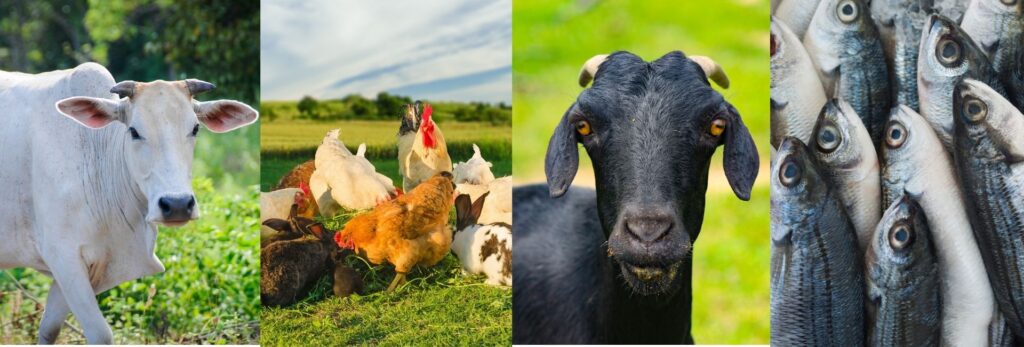
Pandurang Krushi Agri Supplementary Industry
सततची नापिकी,दुष्काळ आणि निसर्गाचा लहरीपणा यामुळे आलेले नैराश्या व बिकट आर्थिक परिस्थिती….१हि परिस्थिती लक्षात घेता केवळ पारंपारिक शेतीवर अवलंबून राहण्याची वेळ आता राहिलेली नाही.
- शेळीपालन
- दुग्ध व्यवसाय
- दुग्ध प्रक्रिया उद्योग (डेअरी)
- कुक्कुटपालन(पोल्ट्री)
- तितर पालन
- दाल मिल
- ओईल मिल
- कृषी प्रक्रिया उद्योग
- शेत तळ्यातील मत्स्यपालन
- स्पिरुलीना / ओझोला शेवाळ
हे आणि इतर अनेक कृषी आधारित उद्योग जे आपल्याला आपल्या गावातच वैयक्तिक किंवा सामुहिक पातळीवर करून आर्थिक उन्नती करता येईल. पांडुरंग कृषी या आमच्या संस्थेच्या माध्यमातून आपल्याला गाव्पातालीवरच प्रशिक्षित करण्याचा उपक्रम सुरु केला आहे….आम्ही एक पाऊल पुढे टाकले आहे….आता तुम्ही देखील सरकारी मदत,बँक कर्ज किंवा इतर मदतीची वाट बघत बसण्यापेक्षा एक पाऊल पुढे या..आपले सरपंच/ग्रामसेवक किंवा लोकप्रतिनिधी यांच्यामाध्यामातून आमच्या संस्थेस संपर्क साधा आणि आपल्या गावपातळीवरील प्रशिक्षणाची तारीख आजच बुक करा..मोजक्याच तारखा शिल्लक.
शेळीपालन प्रशिक्षण
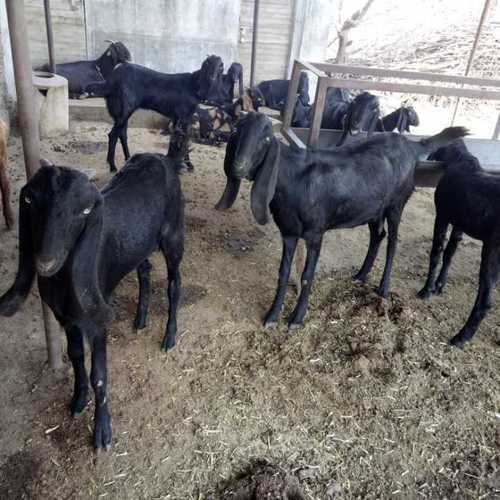
Goat farming has become increasingly popular due to the high demand for goat products such as meat, milk, and cheese. Here are some common topics that may be covered in goat farming training programs:
Breeds of goats: This involves learning about different breeds of goats and which one is best suited for your farming needs.
Housing and facilities: This includes designing and building a suitable shelter that provides adequate space, ventilation, and protection from the elements.
Feeding and nutrition: This involves learning how to properly feed goats to meet their nutritional needs and maximize production.
Health management: This includes topics such as disease prevention, vaccination, and treatment, as well as reproductive management.
Milking procedures: This entails learning how to properly milk goats and maintain cleanliness to ensure the quality and safety of milk.
Processing and marketing of goat products: This covers the steps required to process raw goat milk into various dairy products such as cheese, butter, and yogurt while maintaining food safety standards.
There are various resources available for goat farming training, including online courses, workshops, and seminars offered by universities, government agencies, and private organizations. Local agricultural extension offices may also offer training programs or resources for individuals interested in goat farming.
दुग्धव्यवसाय प्रशिक्षण
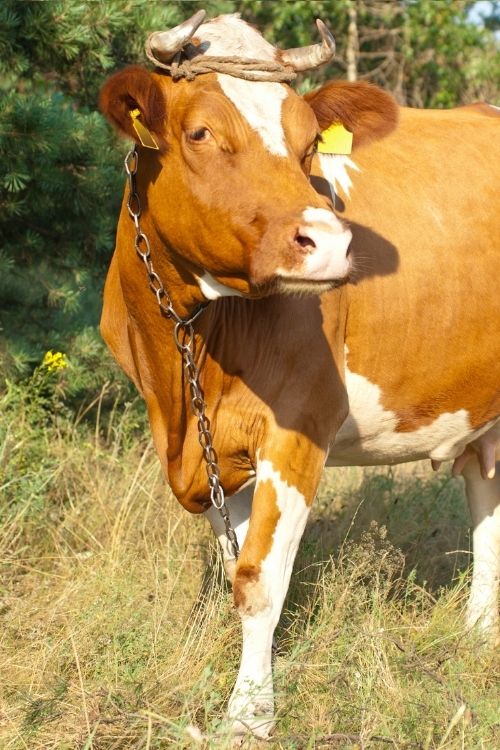
There are many different aspects of dairy farming and management that can be covered in training programs, including:
Feeding and nutrition: This involves learning how to properly feed cows to meet their nutritional needs and maximize milk production.
Herd health management: This includes topics such as disease prevention, vaccination, and treatment, as well as reproductive management.
Milking procedures: This entails learning how to properly milk cows and maintain cleanliness to ensure the quality and safety of milk.
Milk processing and handling: This covers the steps required to process raw milk into various dairy products such as cheese, butter, and yogurt while maintaining food safety standards.
Dairy farm management: This includes topics such as financial management, business planning, and environmental sustainability.
There are various resources available for dairy training, including online courses, workshops, and seminars offered by universities, government agencies, and private organizations. Local agricultural extension offices may also offer training programs or resources for individuals interested in dairy farming.
कुक्कुटपालन प्रशिक्षण
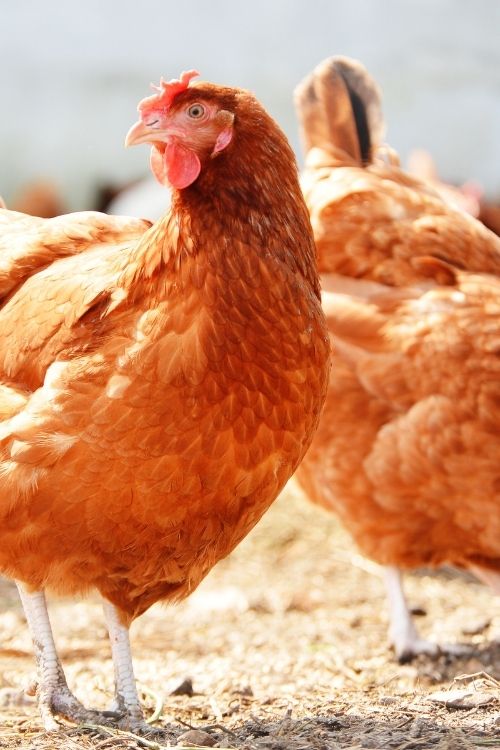
Poultry training can refer to a variety of topics related to raising and managing poultry. Some common areas of focus include:
Raising chickens for meat or eggs: This involves learning how to select the right breed of chicken, feed them properly, provide adequate housing, and manage disease prevention and treatment.
Managing a flock of laying hens: This includes topics such as egg production, nutrition, health management, and marketing your products.
Broiler chicken production: This entails learning how to raise and manage broiler chickens for meat production.
Poultry processing: This covers the steps required to prepare poultry for consumption, including slaughter, evisceration, chilling, and packaging.
In addition to these specific areas, there are also broader topics that may be covered in poultry training programs, such as biosecurity, animal welfare, and environmental sustainability.
There are various resources available for poultry training, including online courses, workshops, and seminars offered by universities, government agencies, and private organizations. Local agricultural extension offices may also offer training programs or resources for individuals interested in raising poultry.
मत्स्यव्यवसाय प्रशिक्षण
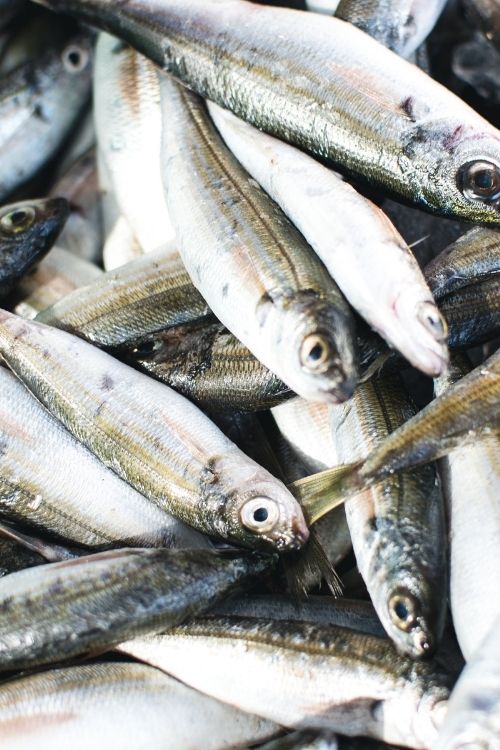
Fisheries training can cover a wide range of topics related to the management and development of fish populations, as well as the processing and marketing of fish products. Some common areas of focus in fisheries training include:
Aquaculture: This involves learning how to farm fish in tanks or ponds, including selecting the right species of fish for farming, feeding and nutrition, water quality management, and disease prevention and treatment.
Fish management and conservation: This includes topics such as assessing fish populations, monitoring fishing activity, and developing regulations and policies to ensure sustainable fishing practices and protect fish habitats.
Fish processing and marketing: This covers the steps required to process raw fish into various products such as fillets, canned fish or fish oil, as well as marketing and selling these products.
Fishery business management: This includes topics such as financial management, risk assessment, and business planning.
There are various resources available for fisheries training, including online courses, workshops, and seminars offered by universities, government agencies, and private organizations. Local fisheries extension offices may also offer training programs or resources for individuals interested in the fisheries industry.
Commercial Goat Farming
Scapegoats are among the main meat- producing creatures in India, whose meat( chevon) is one of the choicest flesh and has huge domestic demand. Due to its good profitable prospects, scapegoat parenting under ferocious andsemi-intensive system for marketable product has been gaining instigation for the once couple of times. High demand for scapegoat and its products with eventuality of good profitable returns have been inferring numerous progressive growers, businessmen, professionals,ex-servicemen and educated youths to take up the scapegoat enterprise on a marketable scale. pic1The arising favourable request conditions and easy availability to bettered scapegoat technologies are also catching the attention of entrepreneurs. A number of marketable scapegoat granges have been established in different regions of the country.
An jobless agrarian graduateMr. Deepak Patidar occupant of vill- Sundrail, District- Dhar, Madhya Pradesh attended a Training Programme on Commercial Goat Farming organized by CIRG, Makhdoom for 10 days in the time 2000. Being inspired and motivated by the scientists of CIRG he started a Goat Farm( Ekta Agronomic and Livestock) in his vill in the time 2001. The ranch was established with 60 original scapegoats reared under cube- fed ferocious system of operation. originally he faced a number of problems like high cost of product, mortality and low price of the yield. Under a design on Commercialization of Goat husbandry and Marketing of scapegoats in India, the scientist from CIRG visited his ranch and suggested changes like strain( Sirohi), preparing pure strain creatures as breeding stock and effective marketing strategy and strengthening liaison with the other growers. contemporaneously he also entered specialized guidance from the scientists of CIRG on health operation of scapegoats. ConsequentlyMr. Patidar introduced changes in his scapegoat ranch. Accordingly his scapegoat husbandry design came feasible and profitable.Mr. Deepak Patidar remained pic2continuously in touch with the scientists of CIRG through Scientist- Farmer Interactive Meets and forums and has been using rearmost scientific information on scapegoat product for his benefit. The mortality in grown-ups and kiddies, which was 10 and 40 independently in the morning, now has dropped to about 3 to 8 per annum. Presently he has 180 scapegoats in his ranch and prepares pure strain creatures substantially of Sirohi strain of scapegoat for dealing them as breeding stock to the growers and entrepreneurs. He also has some scapegoats of Barbari, Jakhrana and Janumapari strain. He sells his scapegoats only on live body weight base at the rate ofRs. 120 toRs. 200 per kg of live body weight. At present the periodic gross profit of the scapegoat ranch isRs. 4 to 5 lakhs and total periodic expenditure isRs.1.5 to 2 lakhs giving an periodic net income ofRs. 2 to 3 lakhs.
Patidar has come a well honored marketable scapegoat planter of Indore Region and colorful affiliated government departments, NGOs and growers consider him as a progressive scapegoat planter. He’s being invited as a resource person on scapegoat husbandry in different training programmes organized by the Beast Husbandry department and original NGOs. Till date about 1000 growers and trainees have visited his ranch. Now he’s developing and strengthening liaison with the small/ traditional scapegoat growers of the area for taking up strain enhancement and organized marketing.
